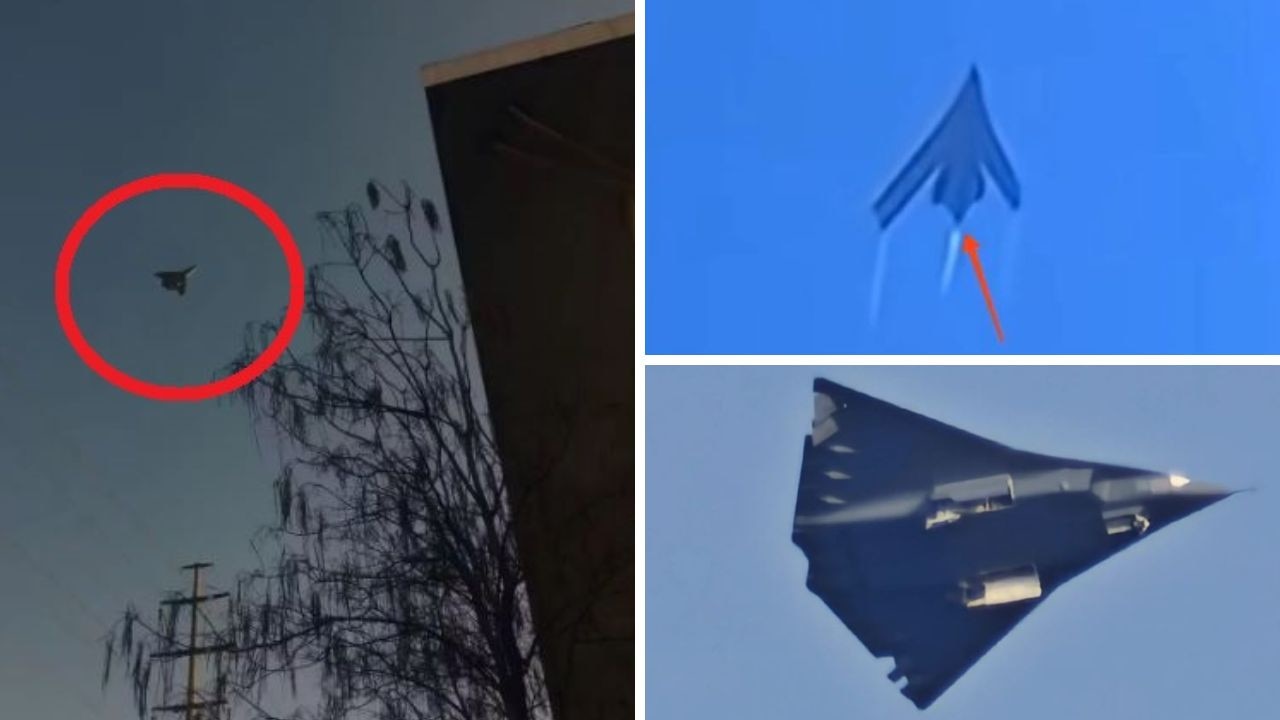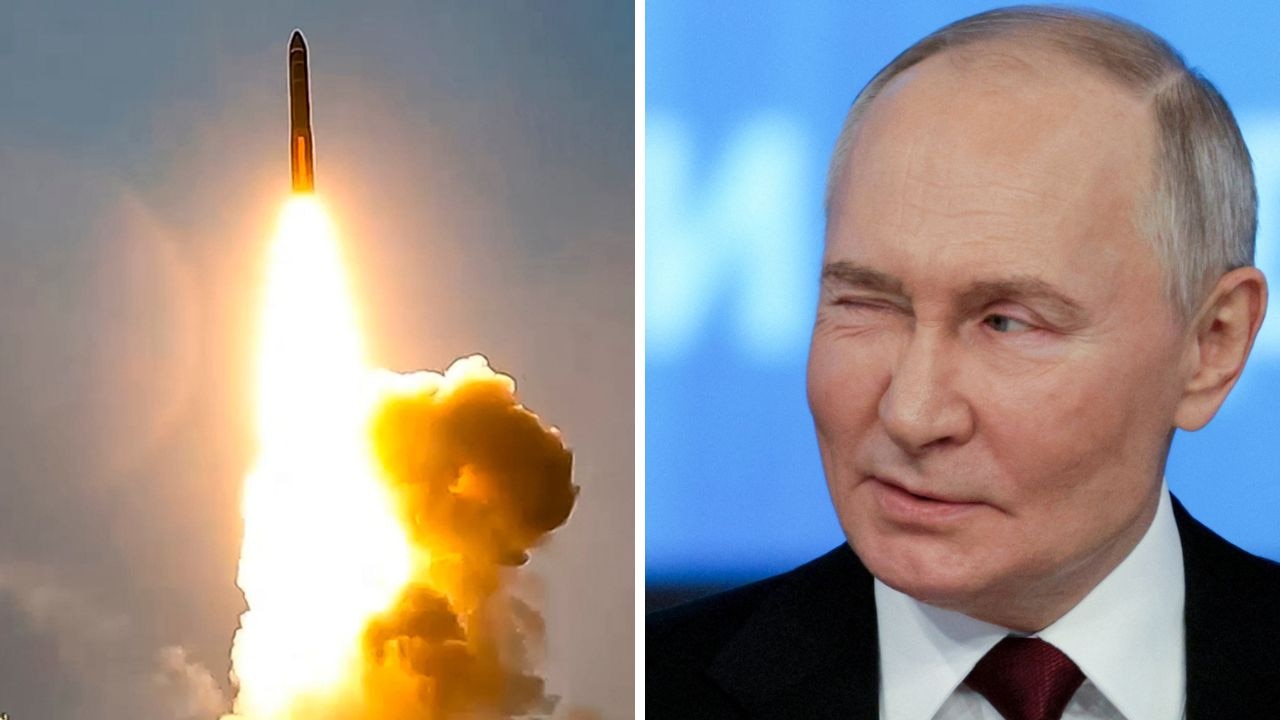North Korea fires suspected ‘long range’ ballistic missile
Japanese officials have reacted to another “outrageous” North Korean missile launched perilously close to high-risk zones.
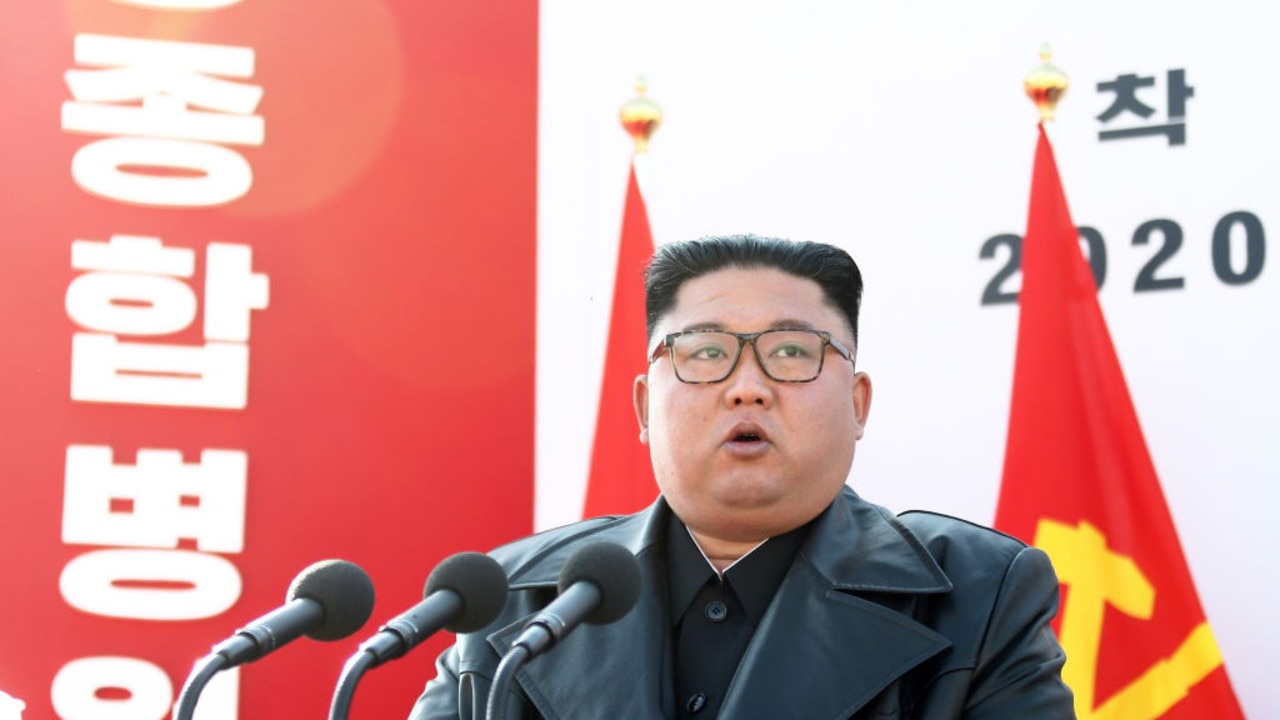
North Korea fired an intercontinental ballistic missile (ICBM) Thursday, South Korea’s President Moon Jae-in said, the first time Pyongyang has launched such a powerful weapon since 2017.
The ICBM launch is one of nearly a dozen weapons tests conducted by North Korea so far this year and marks the end of a self-imposed moratorium on long-range and nuclear testing.
It was a “breach of the suspension of intercontinental ballistic missile launches promised by Chairman Kim Jong-un to the international community,” Moon said in a statement.
“It poses a serious threat to the Korean peninsula, the region and the international community,” he said, adding that it was a “clear violation” of UN Security Council resolutions.
Japan's Prime Minister Fumio Kishida condemned North Korea's launch of the suspected intercontinental ballistic missile, which landed in his country's exclusive economic zone, as an "outrageous and unforgivable" act.
North Korea was threatening “the peace and safety of Japan, the region and the international community,” he added.
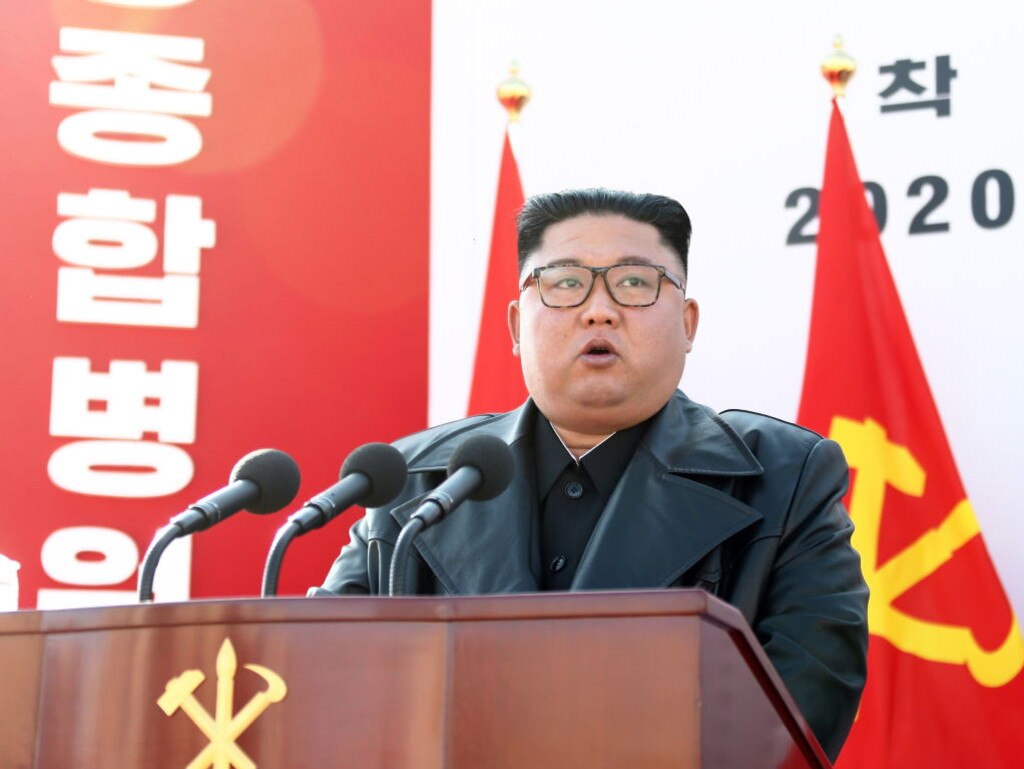
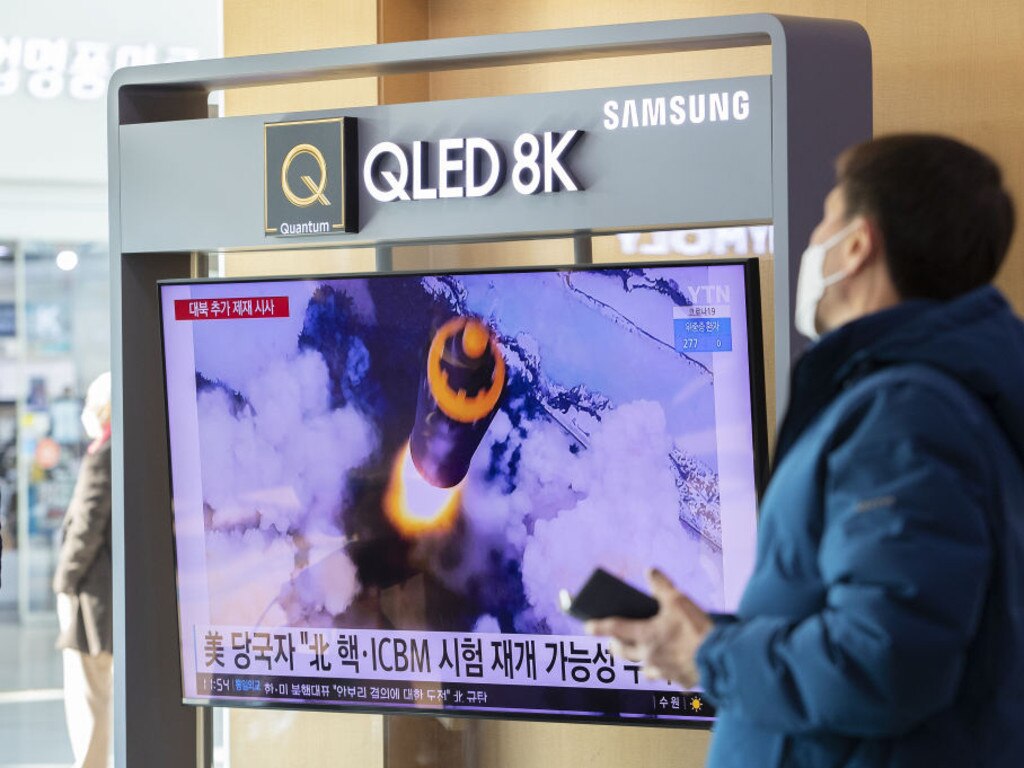
Pyongyang had officially paused long-range testing while leader Kim Jong-un embarked on high-profile negotiations with then-US president Donald Trump. But talks collapsed in 2019 and have been stalled ever since.
Despite biting international sanctions, North Korea has doubled-down on Kim’s drive to modernise the military, and last week test-fired what analysts said was likely a “monster missile” -- a new long-range ICBM. It exploded soon after launch.
The US and South Korea had warned earlier this month that Pyongyang was preparing to launch an ICBM at full.
The missile was fired on Thursday afternoon from Sunan -- likely the same site as a failed test last week -- and had a range of 6,200 kilometers, Seoul’s Joint Chiefs of Staff said.
The missile flew for 71 minutes and landed in Japan’s territorial waters, according to the Japanese government.
#UPDATE Factfile on North Korea's missile arsenal#AFPgraphics@AFPpic.twitter.com/Quw0XIdHOJ
— AFP News Agency (@AFP) March 24, 2022
The US condemned North Korea and urged the world to hold Pyongyang responsible for violating UN Security Council resolutions.
Washington “strongly condemns the Democratic People’s Republic of Korea for its test of a long-range ballistic missile,” White House spokeswoman Jen Psaki said in a statement.
“This launch is a brazen violation of multiple UN Security Council resolutions and needlessly raises tensions and risks destabilising the security situation in the region.”
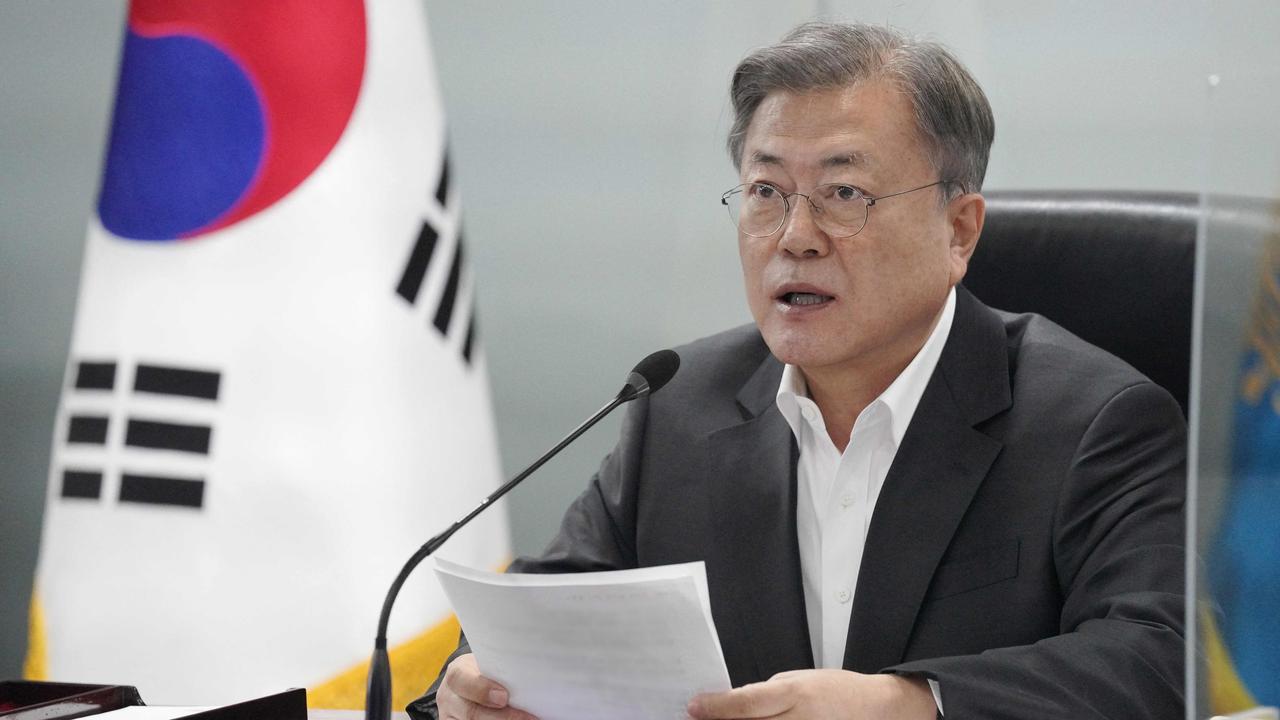
The statement was issued as US President Joe Biden arrived at NATO headquarters in Brussels for a day of summits with the Atlantic Allies, the G7 powers and the EU.
“We urge all countries to hold the DPRK accountable for such violations and call on the DPRK to come to the table for serious negotiations,” it said.
“The door has not closed on diplomacy, but Pyongyang must immediately cease its destabilising actions.” South Korea’s military said it had fired missiles from ground, sea and air in response.
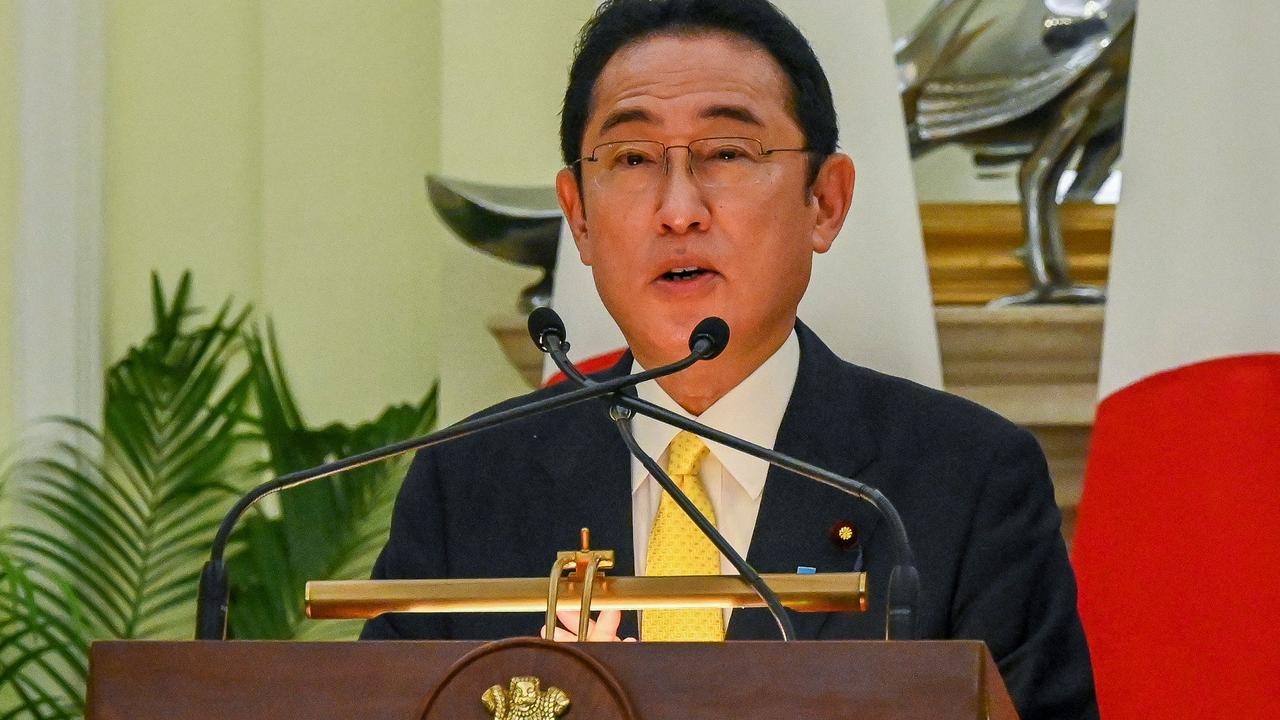
Monster missile
Nuclear-armed North Korea has long coveted an ICBM that can carry multiple warheads and, the US and South Korea say, has been testing the Hwasong-17, a giant ICBM first unveiled in October 2020.
Despite biting international sanctions over its weapons programs, Pyongyang has doubled-down on Kim’s drive to modernise the military, and last week test-fired what analysts said was likely the Hwasong-17.
That launch ended in failure, exploding mid-air in the skies above the capital. “Pyongyang attempted to fire an ICBM at the Sunan airport last week but failed,” said Go Myong-hyun, senior researcher at the Asan Institute for Policy Studies.
“So it carried out today’s launch to make up for that failure and because it has to complete the ICBM technology right away,” he told AFP.
The moratorium was “virtually scrapped” anyway, Go said, when North Korea conducted two tests for what it called a “reconnaissance satellite”.
“What is also key is whether Pyongyang will make today’s launch official,” he added.
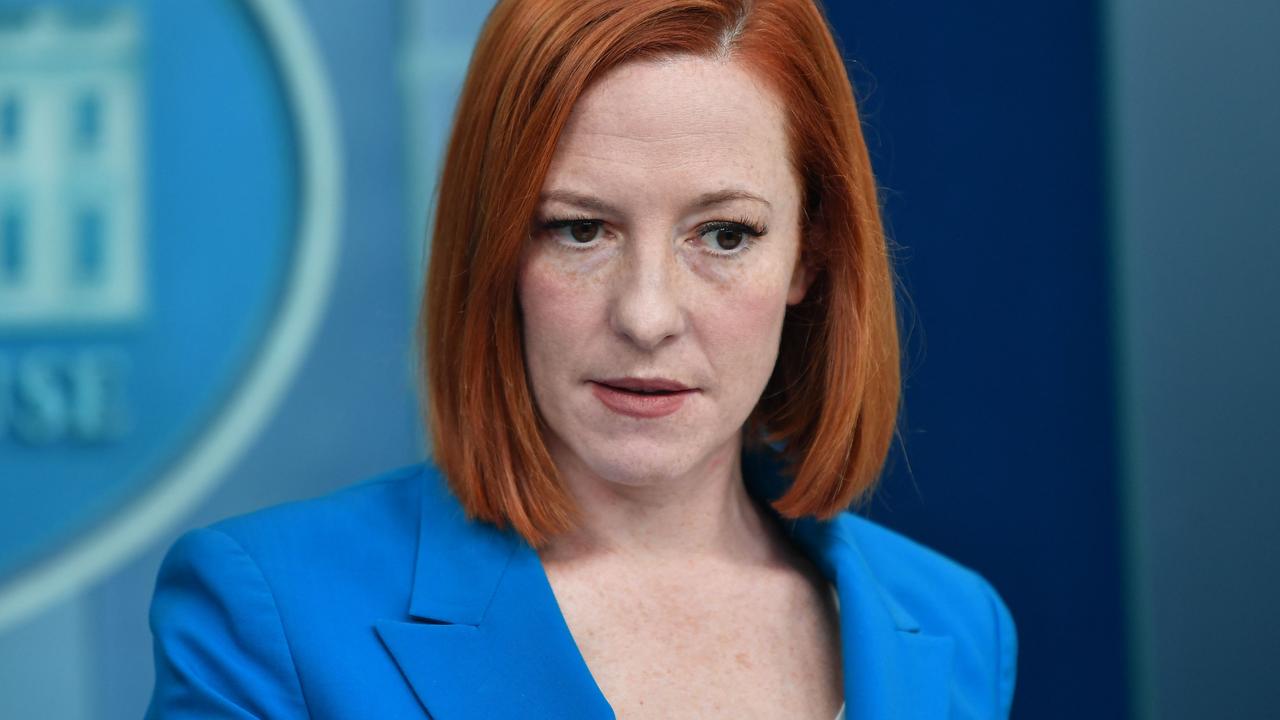
Motive
North Korea will mark the 110th anniversary of the birth of founder Kim Il Sung on April 15, and analysts predict Pyongyang will conduct an ICBM or satellite launch as part of the celebrations.
“Kim Jong Un feels it’s very important to prove his leadership’s competency before the 110th birthday anniversary of Kim Il Sung, especially to his own people in North Korea,” said Cheong Seong-chang of the Center for North Korea Studies at the Sejong Institute.
The North has carried out three ICBM tests, the last in November 2017, of a Hwasong-15 -- deemed powerful enough to reach the continental United States.
More Coverage
“Kim Jong Un wants to ultimately establish himself as a leader who has successfully developed both nuclear weapons and ICBMs,” Ahn Chan-il, a North Korean studies scholar, told AFP.
North Korea is also taking advantage of Washington’s deteriorating relationships with China and Russia, following Moscow’s invasion of Ukraine, he said.
“Kim probably feels this is the perfect time to develop ICBMs while repeatedly reminding the world that the North, unlike Ukraine, is a nuclear-armed country.”



